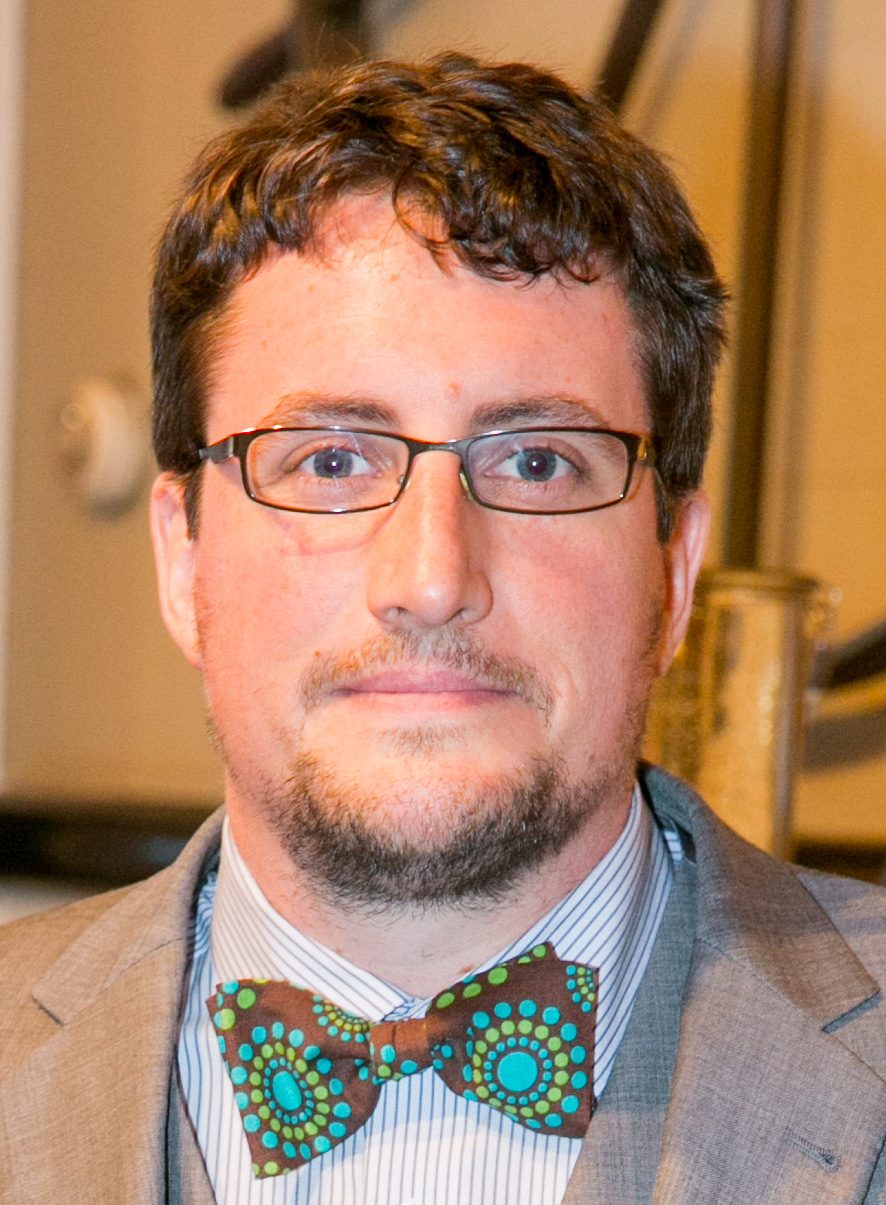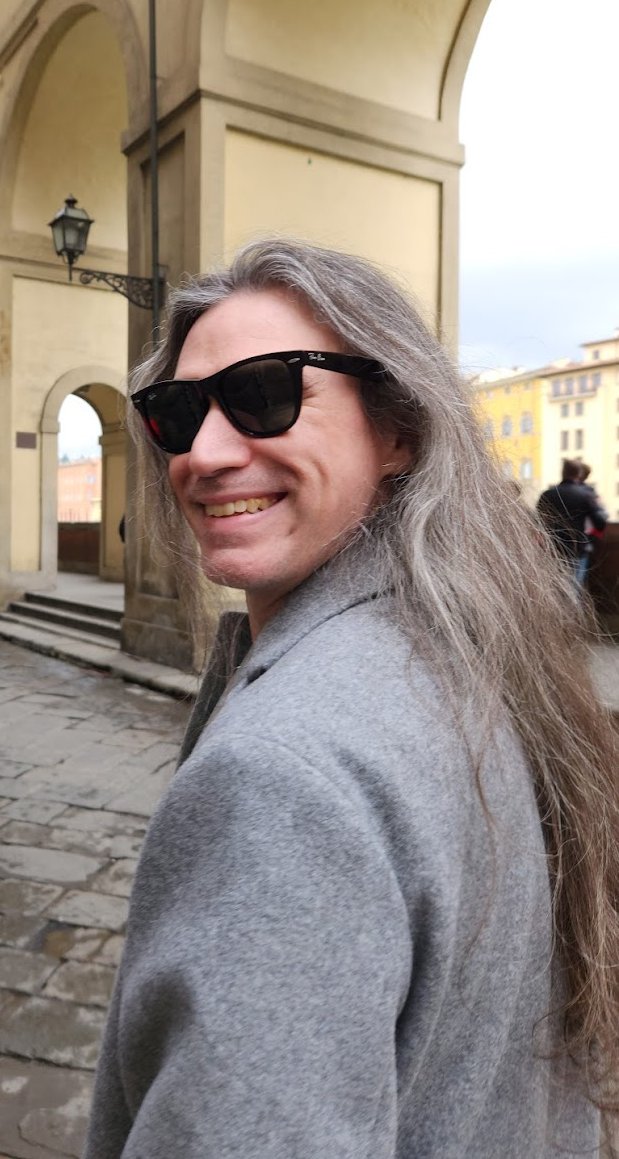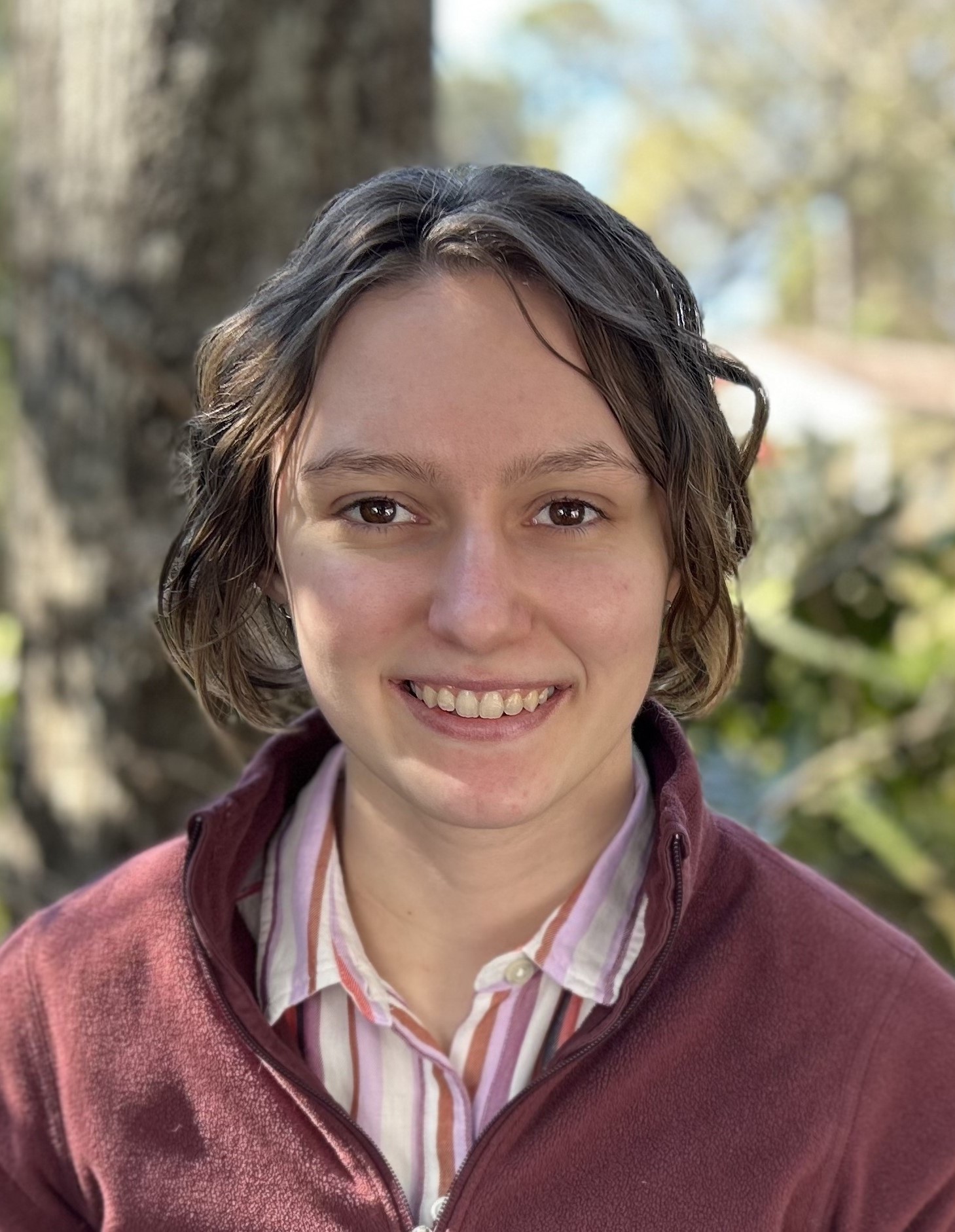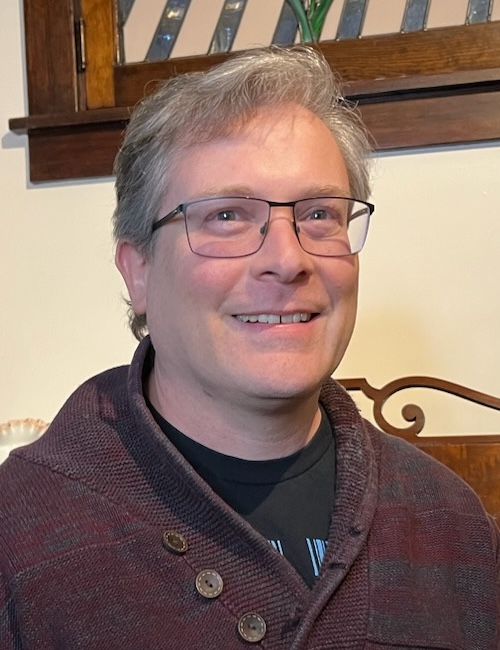

Chase founded Million Concepts in 2011, partly because he had become convinced that some methodological innovations could only originate outside of large academic and government organizations, and partly because his entrepreneurial mindset made it inevitable.
Chase leads projects that accomplish the impossible. To name just a few: he has served as Principal Investigator on multiple NASA research grants, including the Planetary Data Reader (an application that reads nearly all products archived by Planetary Data System) and the Galex Legacy Catalog (a comprehensive catalog of the ultraviolet sky built up from billions of individual photon detections). His work on MSL Mastcam and Mars 2020 Mastcam-Z has saved scientists thousands of work hours and enormously improved the reproducibility and quality of planetary multispectral science. He has archived planetary data from Apollo 15 and 17, Clementine, Chandrayaan-1, the Viking Orbiters, and Chang'e-1 and 2. He has transformed time-domain astronomy, most notably through his work on the Galaxy Evolution Explorer (GALEX). His gPhoton project was the world's first real-time analysis frontend for a >100 TB archive of astronomical events.
Chase is a recognized leader in software development best practices and a fierce advocate for open-source software, open data, and quality scientific software and archival. He is a founding member of the OpenPlanetary foundation, an advisor to pyOpenSci, served on the Planetary Data Ecosystem Independent Review Board, and is an alumnus of the Better Scientific Software Fellowship program (during which he developed a groundbreaking method for research software project estimation).
Before founding Million Concepts, Chase worked on the calibration pipeline for the Mars Exploration Rover's Pancam at Cornell, and subsequently worked at Caltech as the lead programmer for GALEX's ground calibration systems. He is also competent in most building trades, plays the guitar well, is a skilled close-up magician and member of the Magic Castle, and coordinates a major arts festival in Pennsylvania.
email: chase@millionconcepts.com

Michael is an accomplished software developer and data scientist who has about 20 years of experience developing customized technical solutions for stakeholders across the sciences, arts, and humanities. He is the primary developer of, or a major contributor to, a wide variety of open-source research software toolkits, including pdr, lhorizon, VISOR, MultiDEx, marslab, dustgoggles, hostess, and gPhoton2. His software has transformed multispectral operations, increased the efficiency of complex image processing by orders of magnitude, turned days of confusing cloud work into single lines of code, and upset paradigms in radiophotogrammetry.
Michael's undergraduate degrees are in theater and mathematics from the Case Western Reserve University; his Ph.D. is from Stanford in Theater and Performance Studies, with a dissertation on the ontology of bodies and interfaces in play and games. He is formally trained in ethnography and cultural history. He also taught sound design and game design for several years at Stanford’s d.school, and design and media studies at UC Berkeley. This background often leads him to fresh insights into user interaction and design, effective documentation of procedures and rulesets, and solving problems under constraints. Michael has a remarkable ability to research and understand complex topics, synthesize large amounts of information, and effectively communicate the results.
He loves old and messy data, and has headed recovery and data archiving efforts for data from the Apollo Heat Flow Experiment, Clementine VIS, Chandrayaan M3, and Viking Orbiter camera data sets. He also led the recalibration of the Chang'E 1 and 2 microwave radiometer datasets, which contributed to the discovery of a major granitic batholith on the Moon. As far as we know, Michael is the only person with a PhD in theater who is also an author on papers in both Science and Nature. He is also an accomplished playwright, musician, and kinetic sculptor.
email: mstclair@millionconcepts.com

Sabrina has a bachelor’s degree in geology with a geophysics concentration from Michigan State University and a master’s in geology from Western Washington University. She was first introduced to the many ways scientists use software in research while working as an undergraduate research assistant in a hydrogeology lab. Her graduate research focused on using visible and near-infrared reflectance spectroscopy to study the weathering of terrestrial rocks as analogs for rocks on the surface of Mars. Her other interests include sewing, especially costuming; hiking; and camping.
email: scurtis@millionconcepts.com

Bekah has a bachelor’s degree in geoscience from Wellesley College and a master’s in Earth and Environmental Science from Tulane University. She has used a wide variety of remote sensing datasets to map and interpret planetary features, from lunar impact basins to the surface of Venus. At Million Concepts, she is also applying these skills to deeper parts of the sky. She likes to read travel narratives, learn about small-scale farming, and look at rocks on the side of the road.
email: ralbach@millionconcepts.com

Zack is an expert software engineer with almost three decades of experience spanning the entire open-source ecosystem. He has made substantial contributions to the GNU C library, GCC, GNU Binutils, and Firefox. He was a lead developer of monotone (a pre-git distributed version control system), spearheaded the separation of libxcrypt (a password hashing library) from GNU libc, and coordinated the most recent three releases of GNU Autoconf. He has an exceptional depth and breadth of technical expertise, ranging from the inner workings of operating systems to fundamental algorithm development to graphic design. He works readily in C, C++, Python, Rust, R, and JavaScript. In all contexts, his work is remarkable for its simultaneous expressiveness, domain correctness, and mathematical precision. He holds a Ph.D. in Electrical and Computer Engineering from Carnegie Mellon University, where his academic research focused on machine learning and statistical approaches to investigating internet censorship at global scale. He co-taught CMU's "Introduction to Computer Systems" course from 2020 through 2023. Zack's other interests include cognitive science, systems theory, candlemaking, pottery, and game design. He is re-learning to play the piano.
email: zack@millionconcepts.com